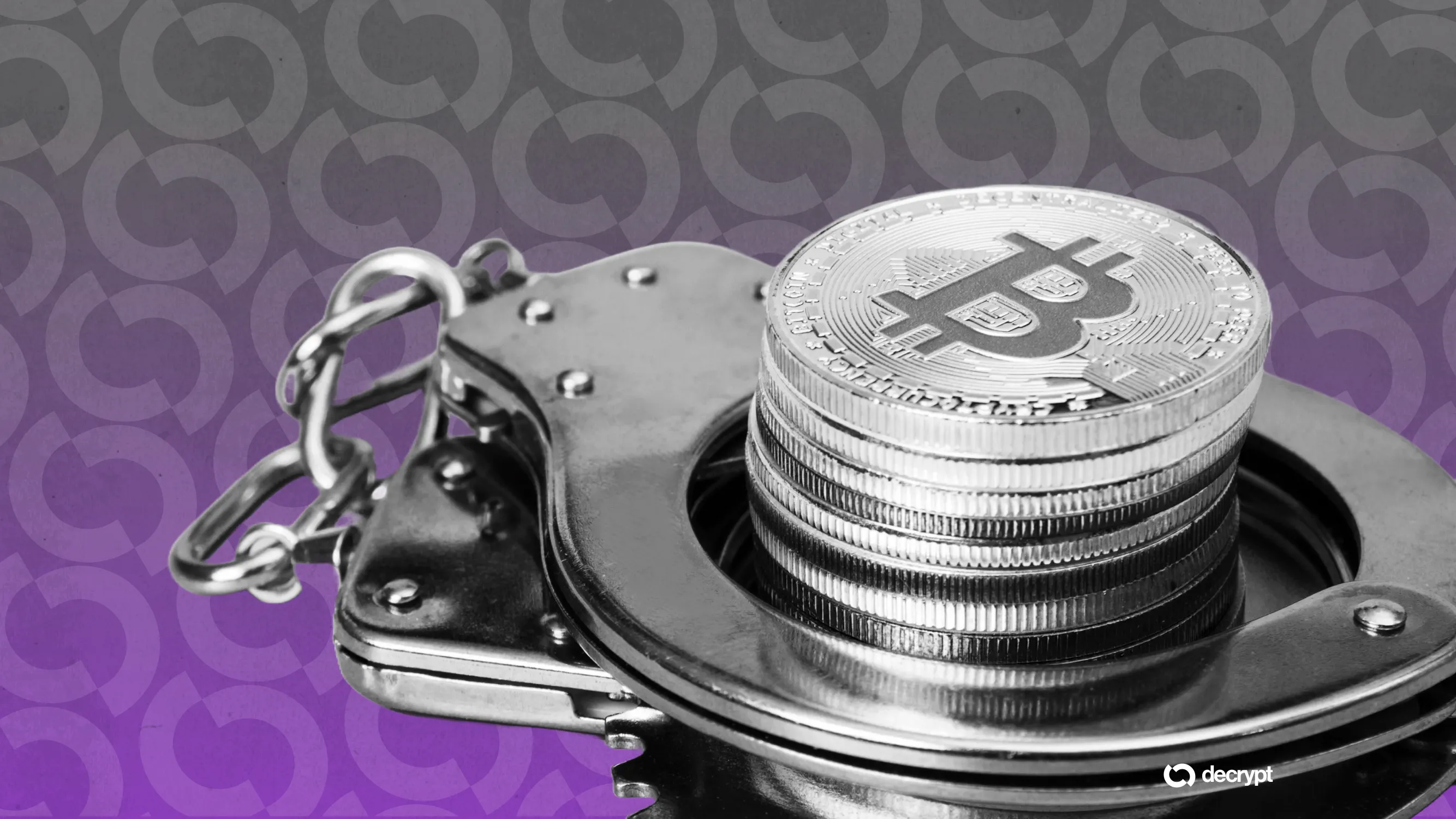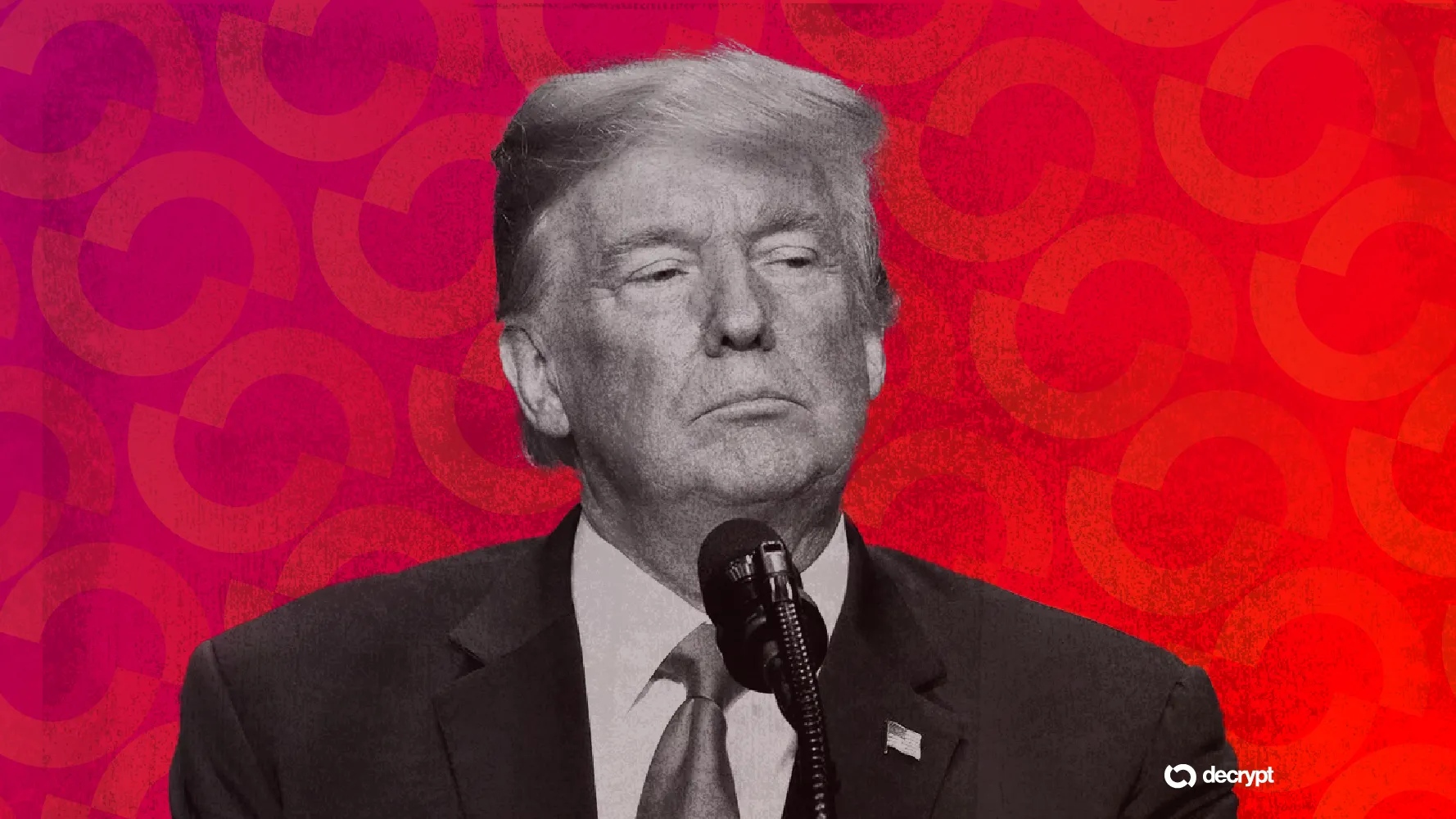In brief
- Arizona Governor Katie Hobbs vetoed SB1025, which would have allowed up to 10% of public funds to be invested in Bitcoin.
- The bill was part of a broader crypto policy package; its companion bill SB1373 remains unsigned.
- Arizona is now the sixth U.S. state to reject a Bitcoin reserve proposal, with 19 others considering similar legislation.
Arizona Governor Katie Hobbs on Friday vetoed Senate Bill 1025, known as the "Arizona Strategic Bitcoin Reserve Act," blocking a legislative push to allow state treasurers and retirement systems to allocate up to 10% of state funds into Bitcoin and other crypto.
In a letter addressed to Senate President Warren Petersen, Hobbs said the Arizona State Retirement System is “one of the strongest in the nation” due to “sound and informed investments,” and that “retirement funds are not the place” to trial untested assets like crypto.
Arizona becomes the sixth state to reject a Strategic Bitcoin Reserve proposal, according to a national tracker showing 19 other states with active legislation pending.
“Imagine the ignorance of a politician to believe they can make investment decisions,” Anthony Pompliano, head of Professional Capital Management, an investment firm that uses content channels to drive deal flow and consumer engagement, tweeted Saturday.

Arizona Lawmakers Approve Complementary Bitcoin, Crypto Bills
Arizona lawmakers have passed two related bills that could make the state a leader in state-level government cryptocurrency investing, provided they are signed into law by Governor Katie Hobbs. The Arizona House passed Senate Bill 1025 on its third reading. Formally known as the "Arizona Strategic Bitcoin Reserve Act," the House approved it 31-25-4 on Monday. S.B. 1373, a companion bill establishing a "Digital Assets Strategic Reserve Fund," passed with a 37-19-4 vote in the House on the same da...
The bill, passed in both chambers without amendments, proposed creating a framework for the state to invest in digital assets and store them in a potential federal "Strategic Bitcoin Reserve" if one were established.
It was part of a broader crypto policy effort in Arizona, alongside companion legislation SB1373, which remains on the governor’s desk.
SB1373, titled the "Digital Assets Strategic Reserve Fund," would allow the state to manage digital assets acquired through appropriations or seizures, such as those from criminal proceedings.
Unlike SB1025, it does not authorize investment of public funds but instead establishes custody protocols and exempts the fund from the state’s standard fiscal year lapse rules.

These States Have Rejected Bitcoin Reserve Bills
Some state-level Bitcoin reserve proposals across the U.S. have hit roadblocks, after multiple states rejected bills to invest public funds in the leading crypto. Of the 50 U.S. states, over half have introduced or are considering legislation related to Bitcoin reserves or investments in digital assets, but the fate of many of these bills remains uncertain. Some have made it over the line, establishing the framework for state crypto reserved, but others have already fallen short. Here’s a look...
While SB1025 has been vetoed, SB1373 could still be signed if Hobbs views it as an administrative mechanism rather than an endorsement of speculative crypto exposure.
Her decision on that bill may signal whether Arizona's broader digital asset framework survives beyond the current legislative session.
While the Legislature cleared both measures earlier this year, Hobbs had signaled her intent to veto GOP-led proposals not tied to budget negotiations.
Her action makes Arizona the latest state where crypto-related public finance legislation has stalled despite growing interest nationwide.





